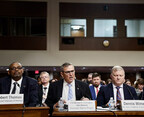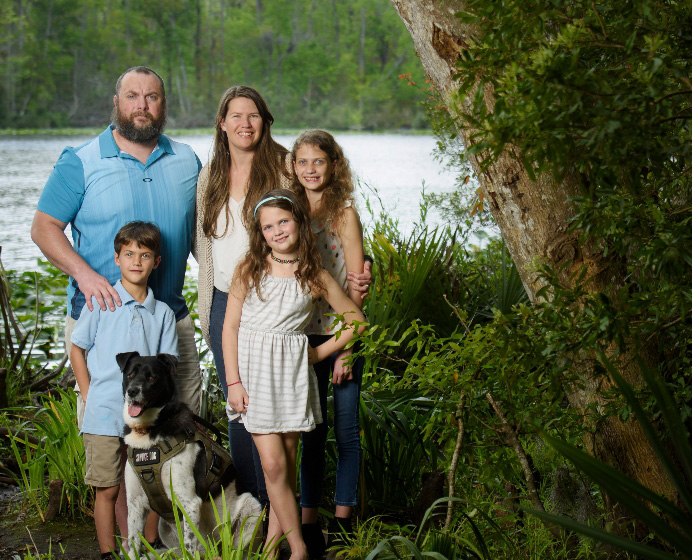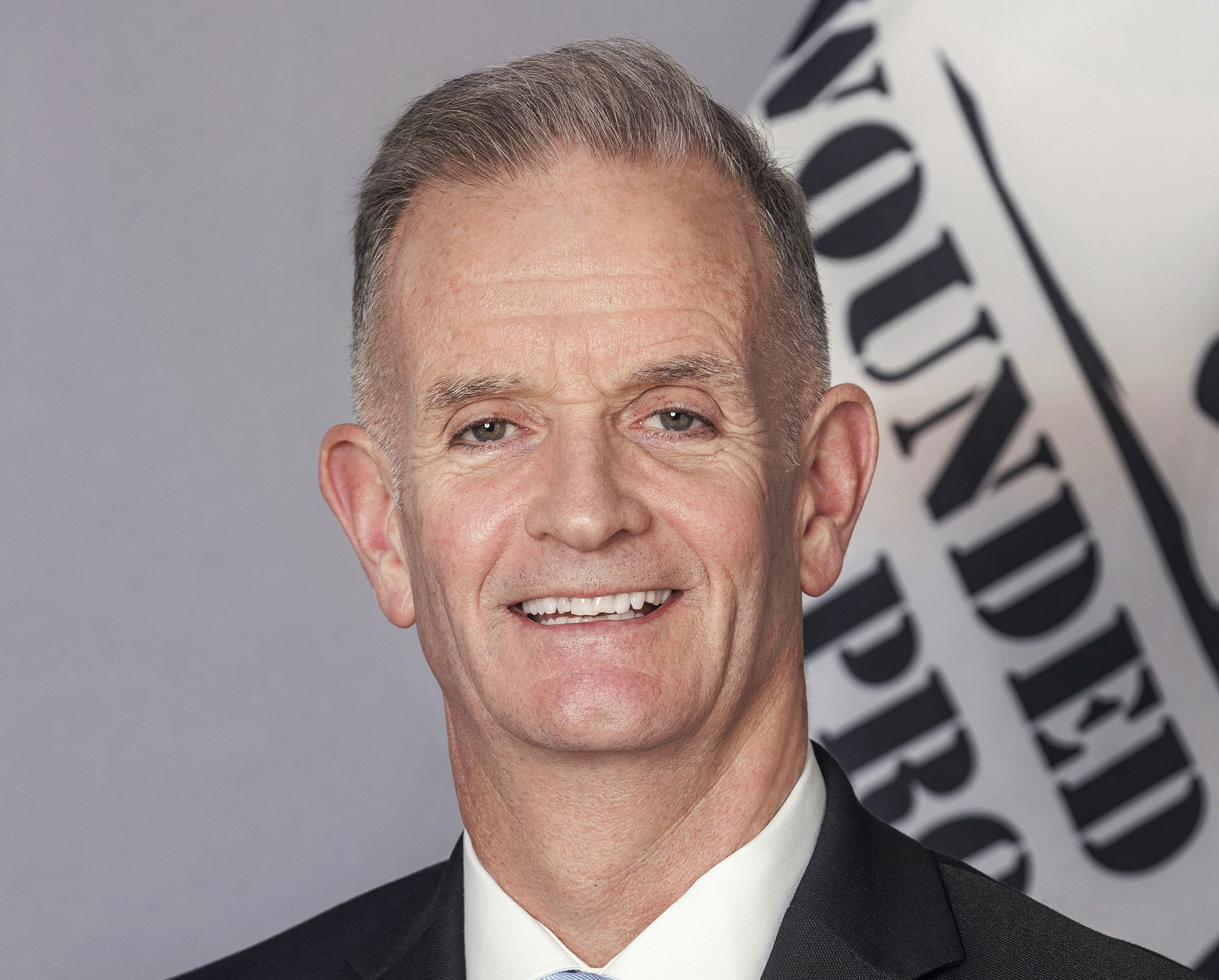Wounded Warrior Project Offers 3 Ways to Fight Veteran Mental Health Stigma
-
Play File
JACKSONVILLE, Fla., March 9, 2017 /PRNewswire-USNewswire/ -- Exposure to traumatic combat and operational experiences affects service members and veterans spiritually, psychologically, biologically, and socially. To date, an estimated 400,000 service members live with invisible wounds of war, including combat stress, depression, post-traumatic stress disorder (PTSD), and traumatic brain injury (TBI). Still, the stigma associated with veterans' mental health creeps through our society as an increasing number of warriors cope with mental health issues.
Wounded Warrior Project® (WWP) is sharing three tips to help us all get over the stigma surrounding veterans' mental health.
- Educate yourself: The best possible thing you can do is to educate yourself about PTSD, and understand this is not just something veterans deal with. You may have a family member, neighbor, or friend who copes with PTSD. Anyone who experiences a traumatic event could potentially develop it.
- Talk about it: Warriors experience different types of trauma, but it doesn't mean they are dangerous. In fact, it's quite the opposite. People tend to isolate themselves after trauma to avoid potential triggers. Bringing these issues to the forefront of conversation can open doors of change. From warriors sharing their daily struggles with family, caregivers, or fellow warriors to simply raising awareness for the general public, WWP and other veterans service organizations have programs and services that can help start that dialogue. See more info on the WWP Talk program.
- Lead by example: Warriors suffering from the invisible wounds of war are not broken. Remember – aside from the fact that they are heroes in every sense of the word – they are just like you and me. Be careful of preconceived judgements, and be mindful of how you think and speak. You never know who is watching and learning from your example.
Through the generous support of donors, WWP offers veterans free, specialized mental health programs and services that provide safe, private environments for warriors to express themselves and share their experiences. To learn and see more about how WWP connects, serves, and empowers wounded warriors, visit https://newsroom.woundedwarriorproject.org/, and click on multimedia.
About Wounded Warrior Project
Wounded Warrior Project® (WWP) connects, serves, and empowers wounded warriors.
SOURCE Wounded Warrior Project
For further information: Vesta M. Anderson - Public Relations Specialist, Email: vanderson@woundedwarriorproject.org, Phone: 904.570.0771


